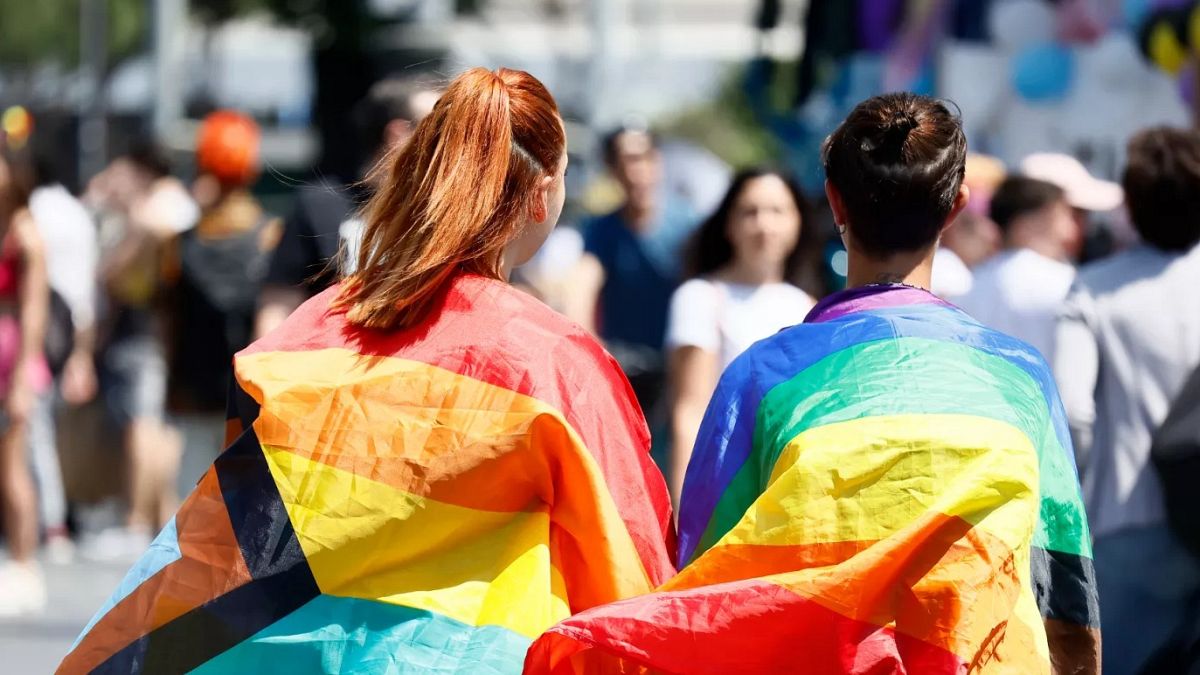

In a world where global dynamics constantly reshape policies and social norms, recent events have highlighted critical strides and contentious decisions affecting individuals and communities. This week, significant developments in Italy, Spain, the UK, and the US have brought various pressing issues to the forefront, drawing attention to human rights, safety, and evolving political landscapes.
In Italy, a groundbreaking ruling by the judiciary marks a positive step towards gender equality and inclusivity. The court has recognized the rights of a non-biological mother within a same-sex union, affirming her entitlement to paternity leave. This decision is grounded in the principle that a child’s welfare is paramount, irrespective of the sexual orientation of their parents. By acknowledging the critical role both parents play in a child’s upbringing, this judgment underscores a commitment to fostering an equitable environment for families of diverse compositions. Such progressive legal recognitions provide hope and assurance that all families deserve equal respect and support.
Meanwhile, a significant breakthrough in Spain has brought relief and hope to many. Spanish authorities have successfully dismantled a sophisticated human trafficking ring, resulting in the freedom of over 100 women. The operation led to the arrest of 37 individuals involved in crimes of sexual exploitation, showcasing a robust commitment to combating human rights violations. This intervention not only delivers justice but also reinforces the ongoing global fight against human trafficking. The dismantling of these criminal networks epitomizes the relentless efforts to ensure safety and dignity for all individuals, offering a beacon of hope to those still entrapped in similar situations.
In the United Kingdom, recent policy announcements have sparked concern and debate. Proposed cuts to the nation’s foreign aid budget have been met with criticism, underscoring the potential adverse impacts on vulnerable populations. By reducing the aid budget from 0.5% to 0.3% of the national income to increase defense spending, the decision prompts questions about global priorities. The reduction is expected to detrimentally affect children’s education and increase the risk of disease and mortality in several African countries. Advocates for global development stress the importance of maintaining commitments to international aid, emphasizing that such funding is vital for sustainable growth and welfare in low-income regions. As discussions continue, the international community watches closely, hoping for balanced and empathetic policy adjustments.
Across the Atlantic, the United States faces its own share of controversy with changes in the policies of the Olympic and Paralympic committee. Following an executive order, the committee has quietly barred transgender women from participating in women’s sports. This decision aligns with a broader pattern of similar actions across sports federations, including the NCAA. The change has spurred discussions on inclusivity, fairness, and the rights of transgender athletes. Stakeholders urge a thoughtful and sensitive approach to ensure that all athletes have equitable opportunities to compete and excel. As the policy unfolds, the narrative of inclusion versus regulation remains a critical topic in the world of sports.
These recent events highlight the diverse challenges and triumphs experienced worldwide, reminding us of the continuous journey toward justice, equality, and understanding. Each development serves as a testament to the resilience of individuals and communities striving towards a more inclusive and harmonious global society. As the world navigates these complex issues, there remains a shared hope for progress driven by compassion and reason.
Source: {link}
